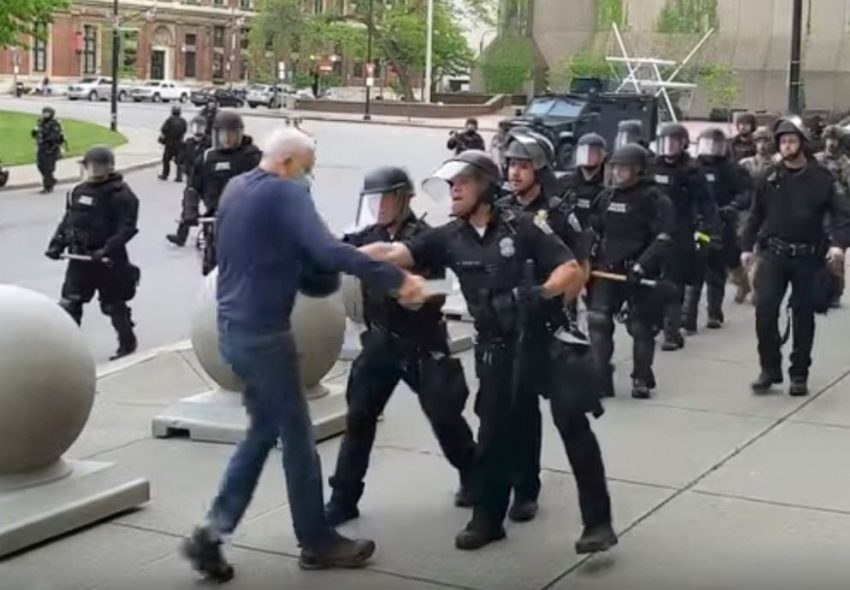The question of accountability in law enforcement has never been more pressing. Recent revelations from the London Metropolitan Police have once again thrust the issue of police misconduct into the spotlight. According to recent reports, it could take years to remove corrupt and unethical officers from the force.
The Reality of Police Misconduct
Police misconduct is not a new phenomenon, but the scale and impact of recent allegations are really concerning. The London Metropolitan Police, one of the largest and most influential police forces in the world, is grappling with a crisis of credibility. Reports indicate that hundreds of officers are currently under investigation for various forms of misconduct, from racial discrimination to corruption. For victims of police brutality and other forms of misconduct, these revelations are both validating and deeply troubling.
At present, over a thousand police officers have either been suspended or have limitations on their duties. In a given month, roughly 60 are going through disciplinary procedures. In the past year alone, the department has discharged about 100 officers due to severe misconduct, a substantial increase of 66% from previous dismissal trends. The number of officers awaiting severe misconduct hearings has also leapt to 275, double from before. Furthermore, there was a significant 90% surge in misconduct allegations to a total of 1,668.
The police force is taking steps to overhaul its culture. Training programs for police sergeants are being upgraded and more women are being prepared to handle firearms. The department is actively working to foster a diverse workforce. They believe these improvements will assure London residents of their dedication to providing an efficient and reliable police service.
The Role of Independent Oversight
Independent review boards are crucial for addressing police misconduct and maintaining accountability. In the UK, the job of investigating severe allegations against police officers is carried out by the Independent Office for Police Conduct (IOPC). The body’s role is to give a neutral evaluation of claims and suggest suitable disciplinary measures.
Nevertheless, the efficiency of these independent reviews can be compromised by factors like limited resources, political influences, and the difficulties inherent in investigating police departments. Regardless of these challenges, independent oversight is an essential part of wider efforts to revise police operations and rebuild public faith.
The Impact of Police Misconduct on Communities and Victims
The effects of police misconduct extend far beyond the individual victims. Entire communities suffer when trust in law enforcement is eroded. In many cases, communities of colour and marginalised groups bear the brunt of police misconduct, exacerbating existing social and economic inequalities. The resulting mistrust and fear can undermine community cohesion and hinder efforts to address broader issues of crime and public safety.
Moreover, the financial and emotional toll of police misconduct on victims cannot be overstated. In addition to the immediate physical and psychological harm, victims often face significant financial burdens as they seek justice. Legal fees, medical expenses, and lost wages can quickly add up, creating additional stress and hardship.
Securing police complaint compensation is a crucial step in alleviating some of these burdens. Compensation can help cover the costs of medical treatment, therapy, and other expenses related to the misconduct. However, the process of obtaining compensation is often fraught with challenges, and many victims struggle to secure the resources they need to move forward.
Police Complaint Claims and Their Impact
Victims of police misconduct often resort to filing police complaint claims in pursuit of justice. These claims serve as a formal means to hold officers accountable and seek police complaint compensation for the harm caused. Unfortunately, the process is fraught with obstacles, from proving wrongdoing to navigating the bureaucratic channels that can often seem insurmountable.
Suing the police is not only about financial recompense but also about bringing systemic issues to light. Actions against the police can lead to increased transparency and accountability, potentially driving reforms within law enforcement agencies. However, it requires immense courage and resources from the victims, which can be a significant deterrent.
The Future of Policing in London
The road to removing corrupt officers from the Metropolitan Police may be long, but it is a necessary journey for the future of policing in London. The acknowledgement of the challenges ahead is the first step toward meaningful reform. However, much more needs to be done to ensure that victims of police misconduct receive the justice they deserve.
Innovative measures such as body cameras, advanced training programs, and robust internal review processes can all contribute to a more accountable police force. Additionally, fostering a culture of transparency and accountability within the police force is crucial in preventing future misconduct.
For victims of police brutality and other forms of misconduct, taking action against the police is a crucial step in securing justice and driving systemic reforms. Whether through civil litigation, independent oversight, or community advocacy, victims have the power to make a difference and contribute to a more just and equitable society. File a police complaint claim today with help from Policecomplaint.co.uk.

